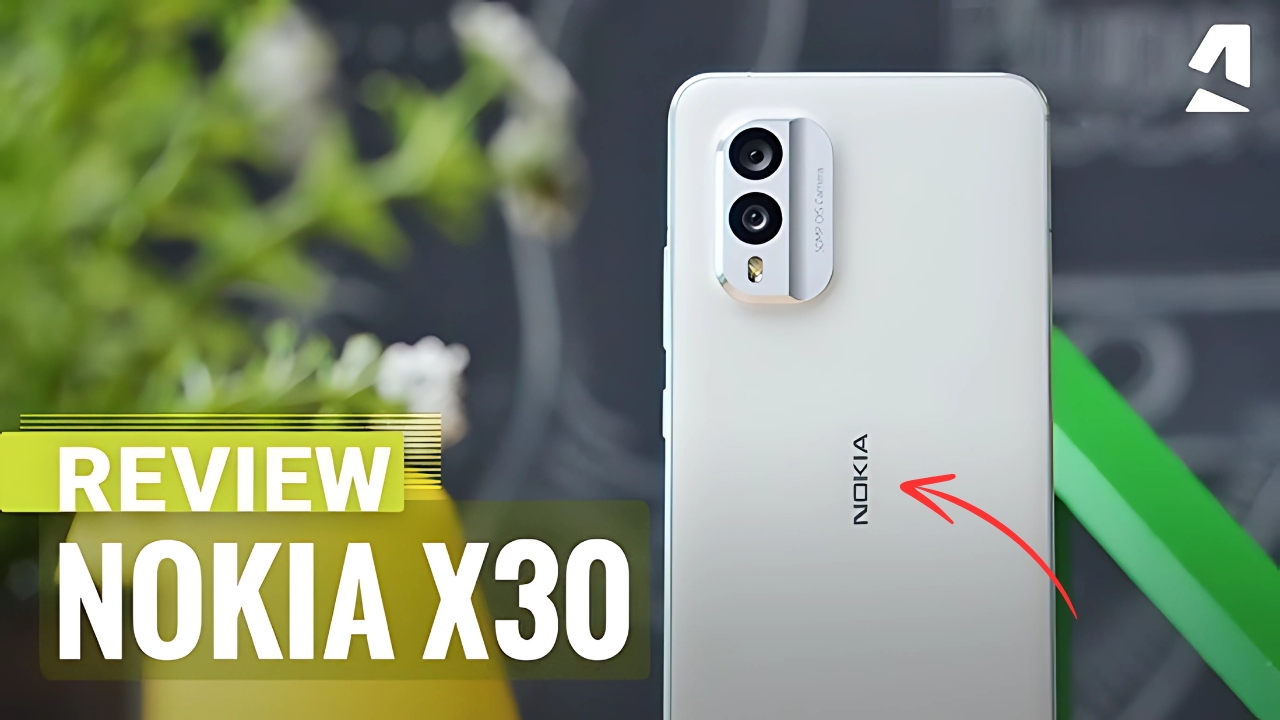In a stunning turn of events that has sent shockwaves through the tech industry, Nokia has unveiled its latest lineup of smartphones, signaling a dramatic return to form for the once-dominant mobile phone manufacturer.
This bold move, announced at a glittering event in Helsinki, marks a significant milestone in Nokia’s ongoing efforts to reclaim its position at the forefront of mobile technology.
The Phoenix Rises
Nokia, a name that was once synonymous with mobile phones, has been quietly rebuilding its smartphone division over the past few years.
The fruits of this labor were finally revealed to an eager audience of tech enthusiasts, industry analysts, and media representatives.
The new range of devices, dubbed the “Nokia Nexus Series,” represents a radical departure from the company’s previous offerings, blending cutting-edge technology with the reliability and durability that made Nokia a household name in the first place.
Pekka Lundmark, President and CEO of Nokia, took to the stage with palpable excitement. “Today, we’re not just launching new phones,” he declared, his voice resonating through the packed auditorium.
“We’re reigniting the spirit of innovation that has always been at the heart of Nokia. The Nexus Series is our statement to the world that Nokia is back, and we’re here to lead.”
A Leap into the Future
The flagship model, the Nokia Nexus Ultra, boasts specifications that put it squarely in competition with the likes of Apple and Samsung.
Featuring a revolutionary “Infinity Screen” that curves seamlessly around the edges of the device, the Nexus Ultra offers an unparalleled visual experience. But it’s what’s under the hood that truly sets this device apart.
Nokia has partnered with several tech giants to create a custom-built processor, the NokiaX chip, which promises to deliver performance that outstrips current market leaders by a significant margin.
Early benchmarks suggest that the NokiaX chip is up to 30% faster than its nearest competitor while consuming 20% less power.
AI at the Core
Artificial Intelligence is at the heart of the Nexus Series. Nokia has developed an AI assistant, named “Lumi” (Finnish for “snow”), which the company claims is the most advanced on the market.
Unlike other AI assistants that are primarily voice-activated, Lumi uses a combination of voice, gesture, and even eye-tracking technology to interact with users.
“Lumi represents the next evolution in human-machine interaction,” explained Dr. Elina Valtonen, Nokia’s Chief AI Officer.
“It learns and adapts to each user’s habits and preferences, creating a truly personalized experience that goes beyond anything currently available.”
Sustainability Takes Center Stage
In a move that has garnered praise from environmental groups, Nokia has made sustainability a key focus of the Nexus Series.
The devices are constructed using a high percentage of recycled materials, and Nokia has committed to a comprehensive recycling program for all its products.
Furthermore, the company has pledged to make all its operations carbon-neutral by 2025. “We believe that technology and sustainability can and must go hand in hand,” Lundmark stated.
“The Nexus Series is just the beginning of our commitment to creating products that are not only technologically advanced but also environmentally responsible.”
Market Reaction and Industry Impact
The announcement of the Nexus Series has sent ripples through the smartphone industry. Nokia’s stock price surged by 15% in the hours following the event, while competitors saw slight dips in their share values.
Industry analysts are cautiously optimistic about Nokia’s chances of reclaiming a significant market share. “Nokia has always had a strong brand presence, particularly in Europe and emerging markets,” noted Maria Kowalski, a senior analyst at TechInsight.
“If they can deliver on the promises made today, we could see a significant shift in the smartphone landscape over the next few years.”
Challenges Ahead
Despite the overwhelmingly positive reception, Nokia faces significant challenges.
The smartphone market is notoriously competitive, with established players like Apple, Samsung, and various Chinese manufacturers dominating the space.
Moreover, Nokia will need to rebuild its distribution networks and marketing presence in many markets where it has been absent for years.
“The product looks impressive on paper,” said James Lee, a tech columnist for The Global Times. “But Nokia will need to convince consumers who have moved on to other brands that it’s worth switching back. That’s no small task.”
A Vision for the Future
Nokia’s ambitions extend beyond just smartphones. The company hinted at a range of interconnected devices and services that will work seamlessly with the Nexus Series.
This ecosystem approach, similar to that employed by Apple, could be key to Nokia’s long-term success.
“We’re not just creating phones; we’re building a platform for the future of mobile technology,” Lundmark emphasized in his closing remarks. “The Nexus Series is just the beginning of a new chapter in Nokia’s story.”
Nokia’s Resurgence : A New Dawn for Nokia
As the tech world digests the implications of Nokia’s bold re-entry into the smartphone arena, one thing is clear: the landscape of mobile technology is set for a shake-up.
Whether Nokia can translate this initial excitement into long-term success remains to be seen, but the company has certainly succeeded in rekindling the interest and nostalgia associated with its brand.
The Nokia Nexus Series is set to hit stores worldwide in the coming months, with pre-orders already open in select markets.
As consumers eagerly await the chance to get their hands on these devices, the industry watches with bated breath.
Will this be the beginning of Nokia’s second act as a smartphone powerhouse, or will it be remembered as a valiant but ultimately unsuccessful attempt at a comeback?
Only time will tell, but one thing is certain: Nokia has ensured that the next chapter in the smartphone wars will be anything but predictable. The phoenix has risen, and its eyes are set firmly on the future.
